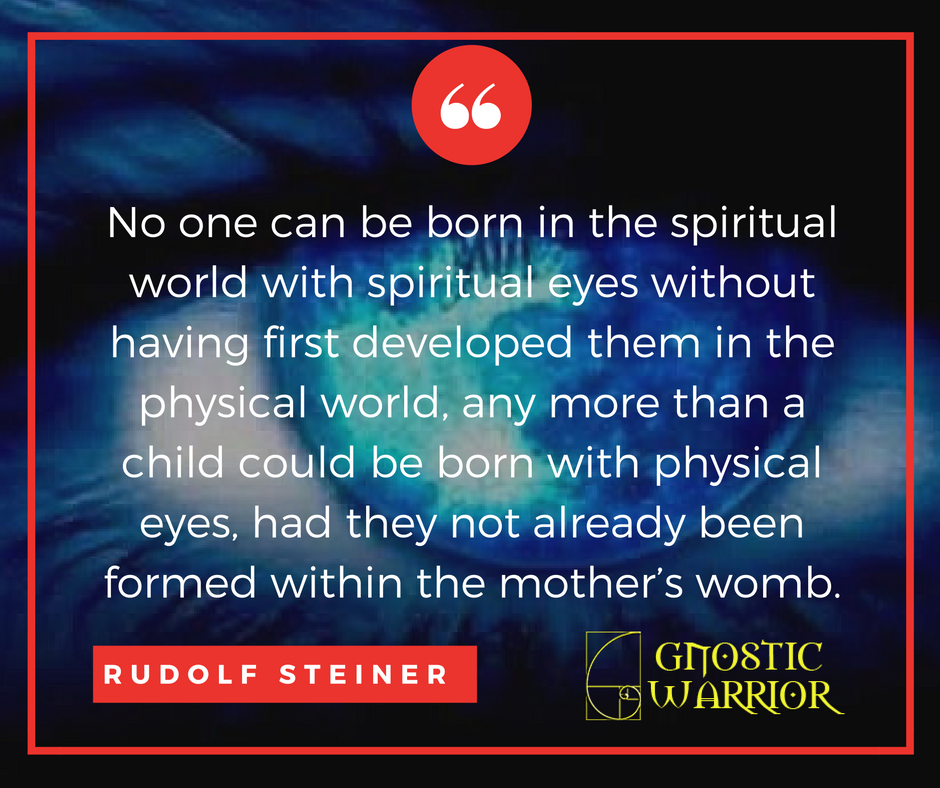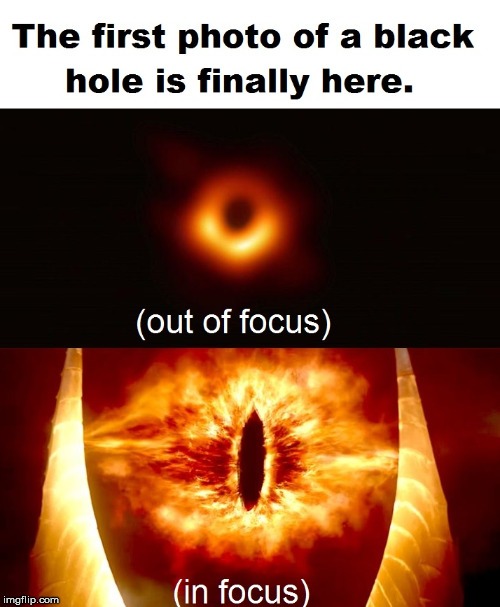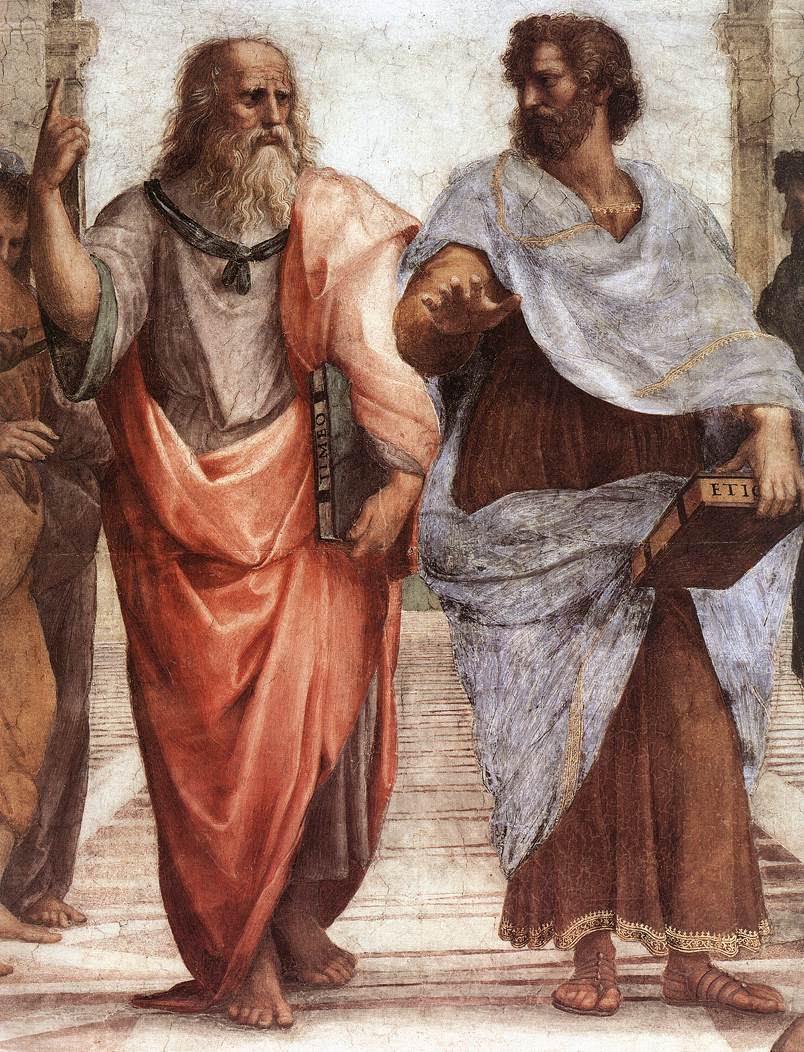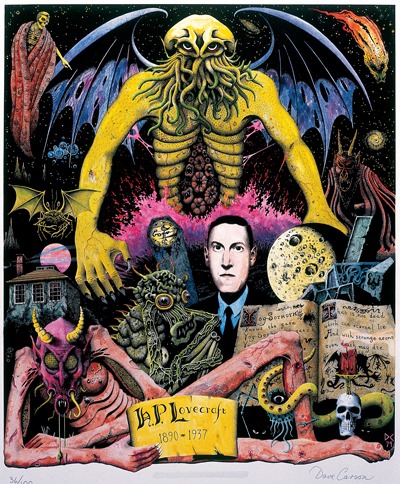Page 378
“Strange condition of the human mind, which seems to require that it should long
exercise itself in ERROR, before it dare approach the TRUTH.” — MAGENDIE.
“La verite que je defends est empreinte sur tous les monuments du passe Pour
comprendre l’histoire, il faut etudier les symboles anciens, les signes sacres du
sacerdoce, et l’art de guerir dans les temps primitifs, art oublie aujourd’hui.” – BARON
DU POTET.
“It is a truth perpetually, that accumulated facts, lying in disorder, begin to assume some
order if an hypothesis is thrown among them.” — HERBERT SPENCER.
AND now we must search Magical History for cases similar to those given in the preceding chapter. This insensibility of the human body to the impact of heavy blows, and resistance to penetration by sharp points and musket-bullets, is a phenomenon sufficiently familiar in the experience of all times and all countries. While science is entirely unable to give any reasonable explanation of the mystery, the question appears to offer no difficulty to mesmerists, who have well studied the properties of the fluid. The man, who by a few passes over a limb can produce a local paralysis so as to render it utterly insensible to burns, cuts, and the prickings of needles, need be but very little astonished at the phenomena of the Jansenists. As to the adepts of magic, especially in Siam and the East Indies, they are too familiar with the properties of the akasa, the mysterious life-fluid, to even regard the insensibility of the Convulsionnaires as a very great phenomenon. The astral fluid can be compressed about a person so as to form an elastic shell, absolutely nonpenetrable by any physical object, however great the velocity with which it travels. In a word, this fluid can be made to equal and even excel in resisting-power, water and air.
In India, Malabar, and some places of Central Africa, the conjurers will freely permit any traveller to fire his musket or revolver at them, without touching the weapon themselves or selecting the balls. In Laing’s Travels among Timanni, the Kourankos, and the Soulimas, occurs a description by an English traveller, the first white man to visit the tribe of the Soulimas, near the sources of the Dialliba, of a very curious scene. A body of picked soldiers fired upon a chief who had nothing to defend himself with but certain talismans. Although their muskets were properly loaded and aimed, not a ball could strike him. Salverte gives a similar case in his Philosophy of Occult Sciences: “In 1568, the Prince of Orange condemned a Spanish prisoner to be shot at Juliers; the soldiers tied
Page 379
him to a tree and fired, but he was invulnerable. They at last stripped him to see what armor he wore, but found only an amulet. When this was taken from him, he fell dead at the first shot.”
This is a very different affair from the dexterous trickery resorted to by Houdin in Algeria. He prepared balls himself of tallow, blackened with soot, and by sleight of hand exchanged them for the real bullets, which the Arab sheiks supposed they were placing in the pistols. The simple-minded natives, knowing nothing but real magic, which they had inherited from their ancestors, and which consists in each case of some one thing that they can do without knowing why or how, and seeing Houdin, as they thought, accomplish the same results in a more impressive manner, fancied that he was a greater magician than themselves. Many travellers, the writer included, have witnessed instances of this invulnerability where deception was impossible. A few years ago, there lived in an African village, an Abyssinian who passed for a sorcerer. Upon one occasion a party of Europeans, going to Soudan, amused themselves for an hour or two in firing at him with their own pistols and muskets, a privilege which he gave them for a trifling fee. As many as five shots were fired simultaneously, by a Frenchman named Langlois, and the muzzles of the pieces were not above two yards distant from the sorcerer’s breast. In each case, simultaneously with the flash, the bullet would appear just beyond the muzzle, quivering in the air, and then, after describing a short parabola, fall harmlessly to the ground. A German of the party, who was going in search of ostrich feathers, offered the magician a five-franc piece if he would allow him to fire his gun with the muzzle touching his body. The man at first refused; but, finally, after appearing to hold conversation with somebody inside the ground, consented. The experimenter carefully loaded, and pressing the muzzle of the weapon against the sorcerer’s body, after a moment’s hesitation, fired . . . the barrel burst into fragments as far down as the stock, and the man walked off unhurt.

Moe is the founder of GnosticWarrior.com. He is a father, husband, author, martial arts black belt, and an expert in Gnosticism, the occult, and esotericism.






